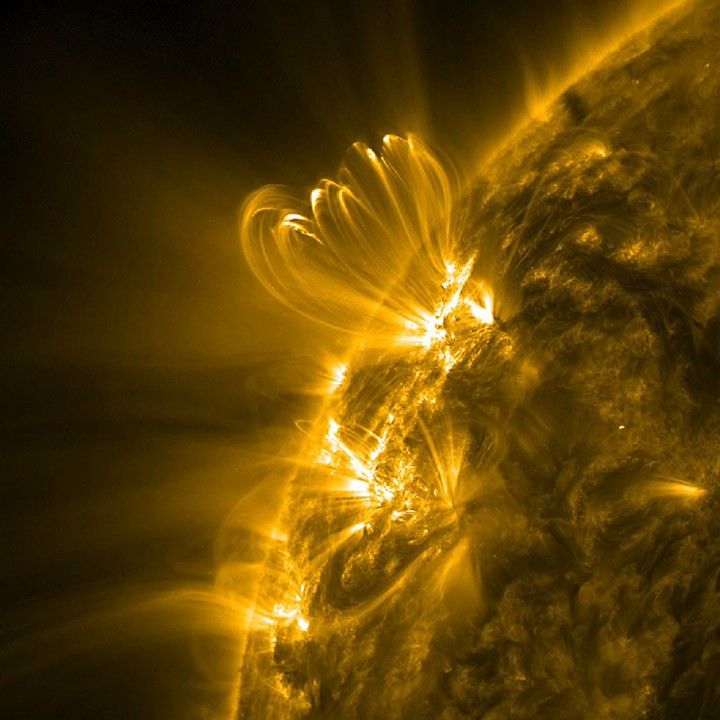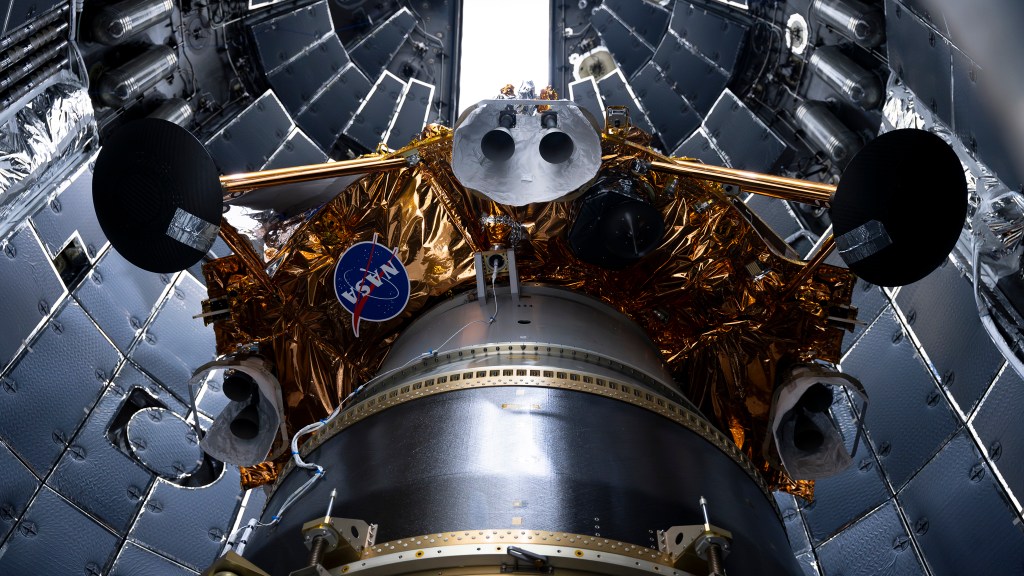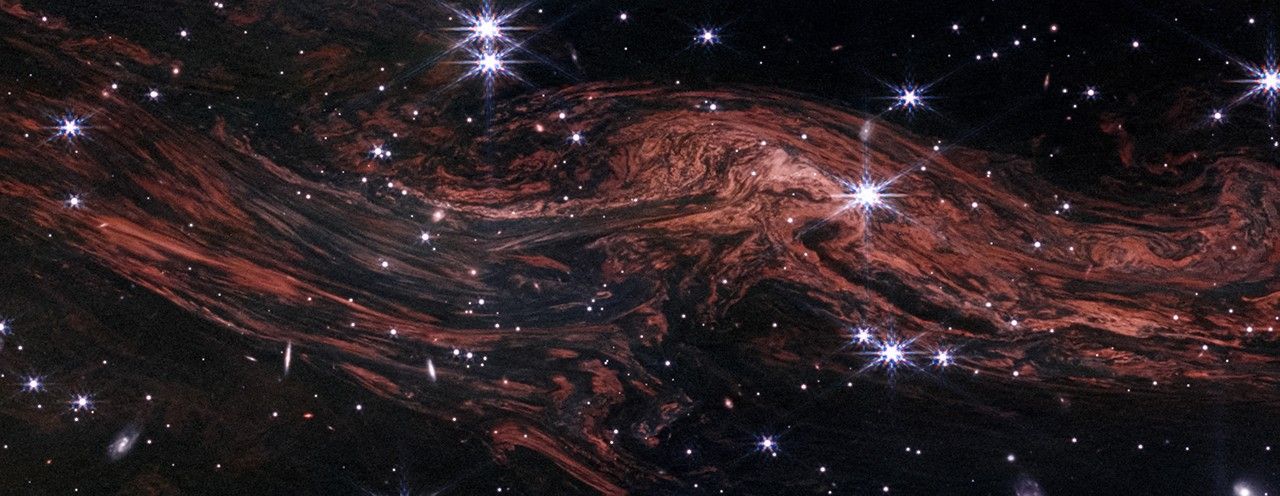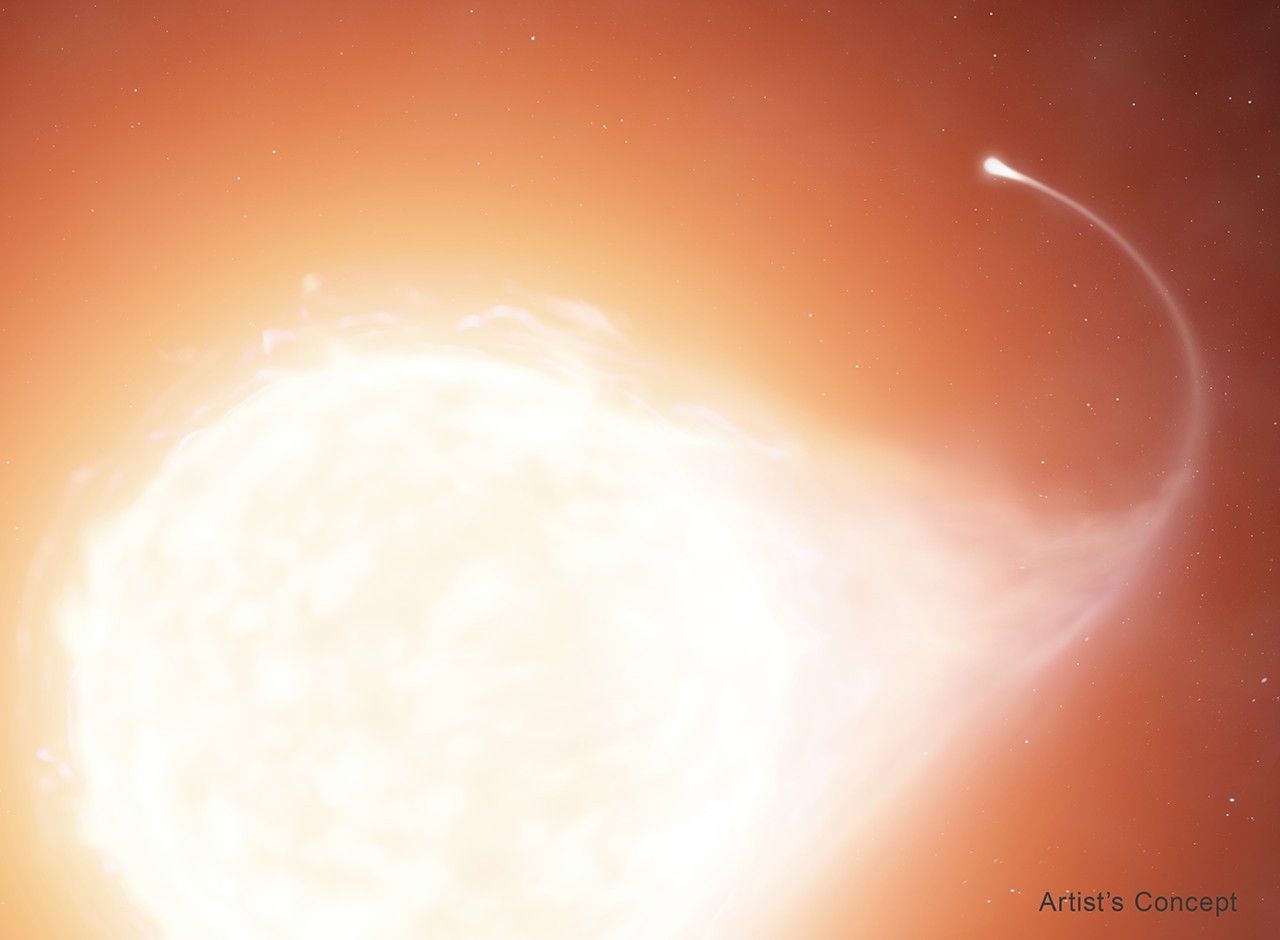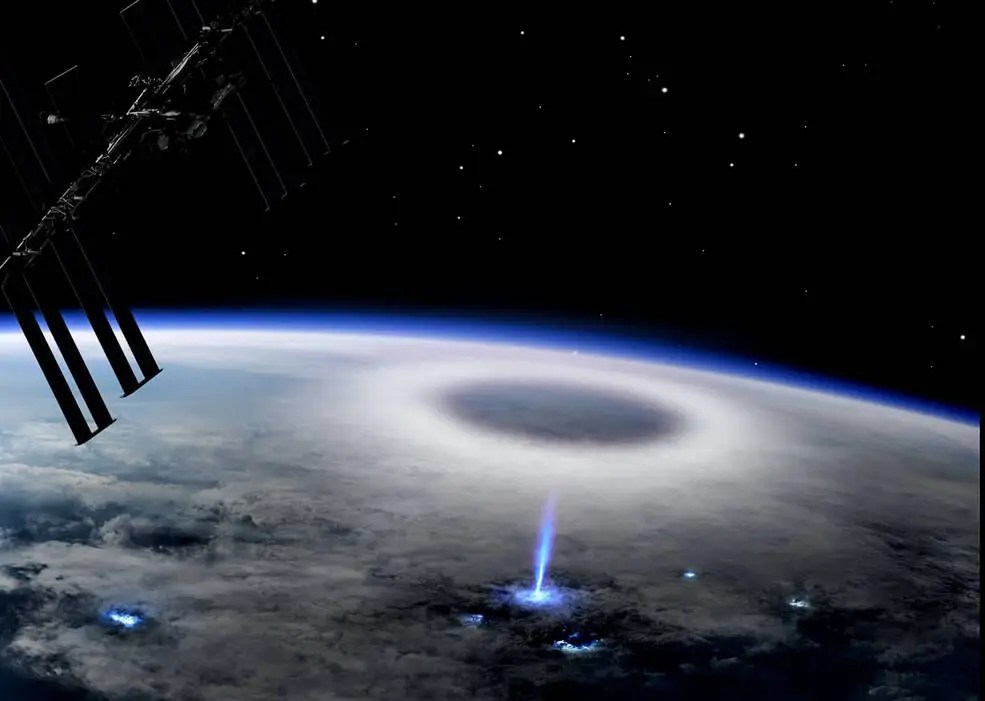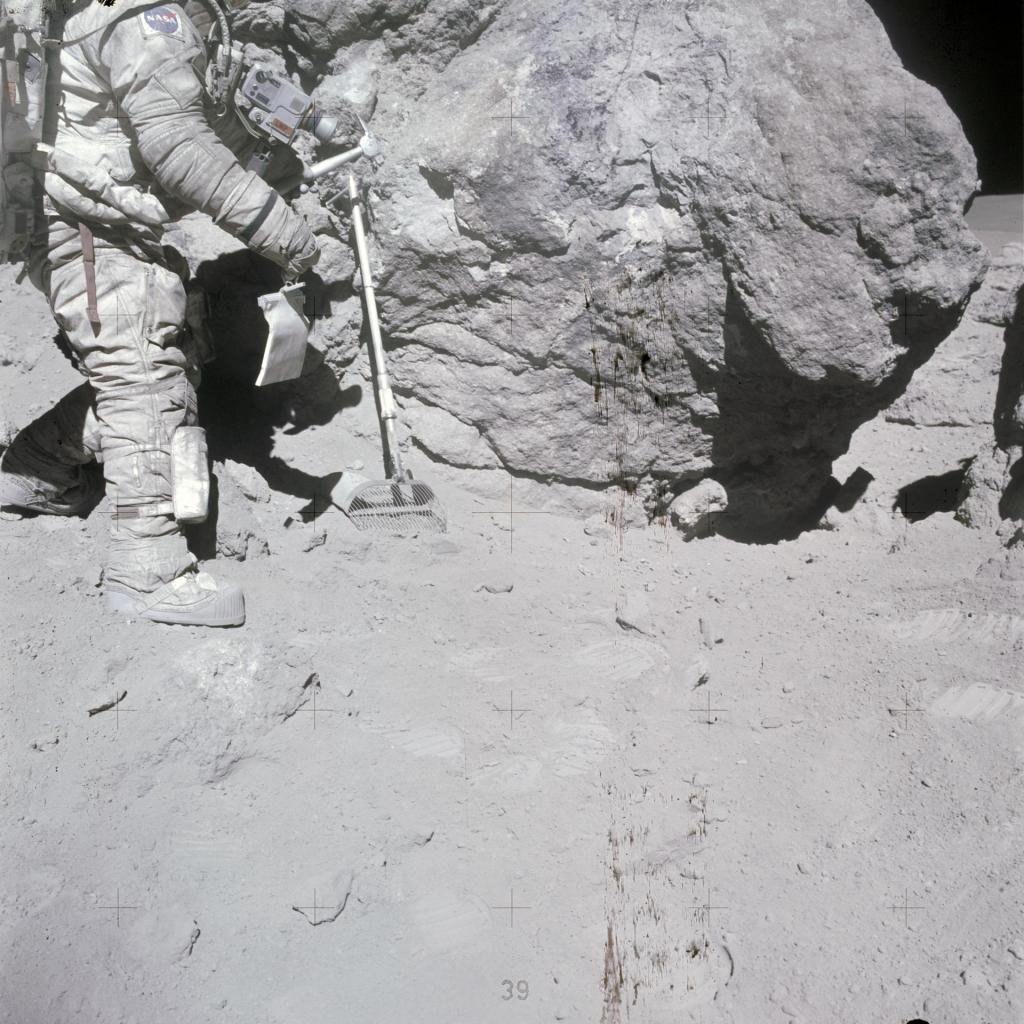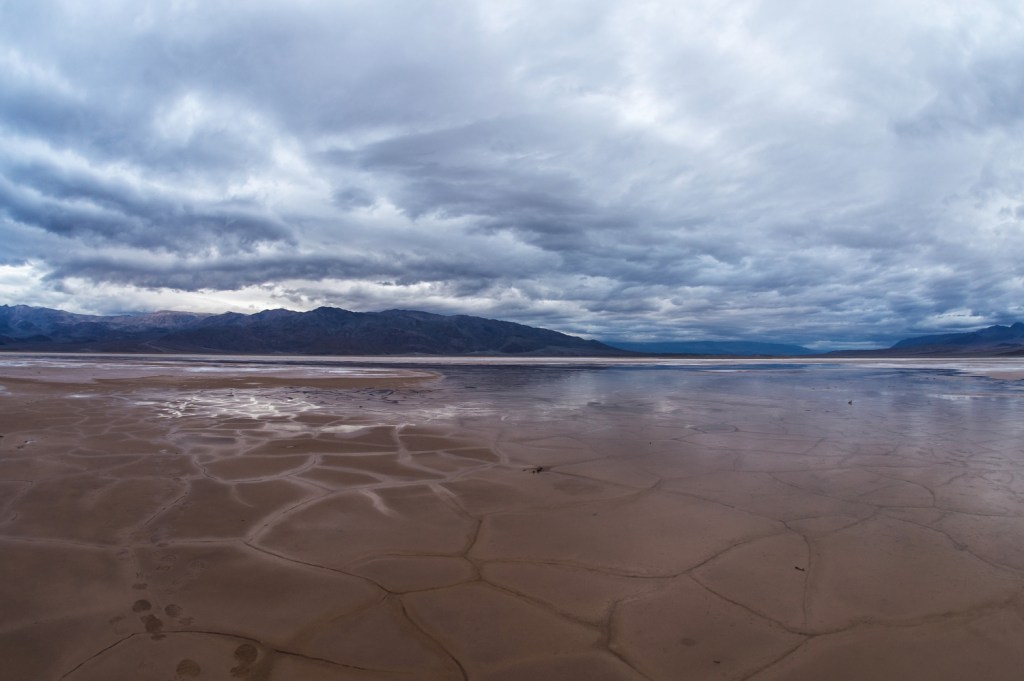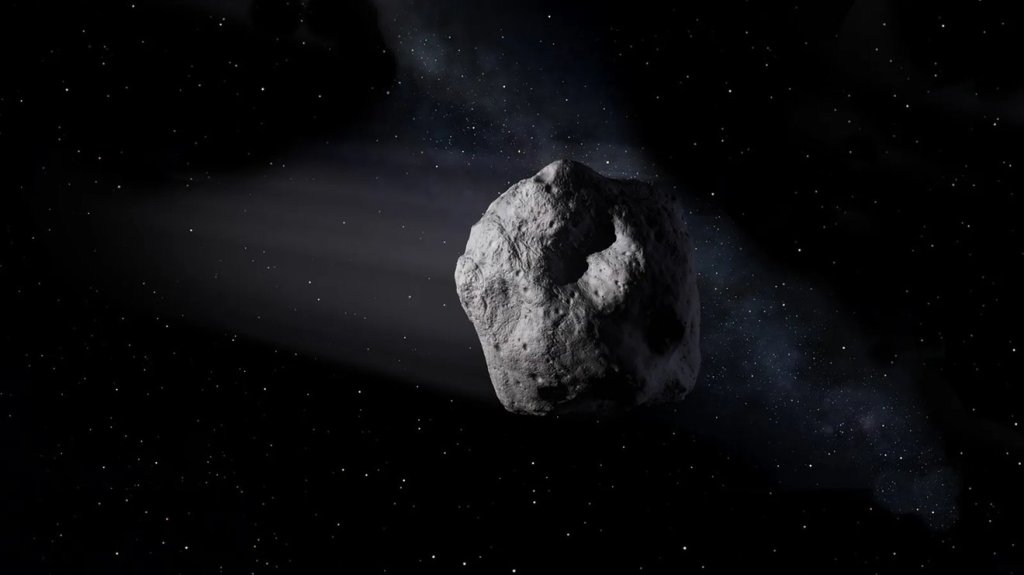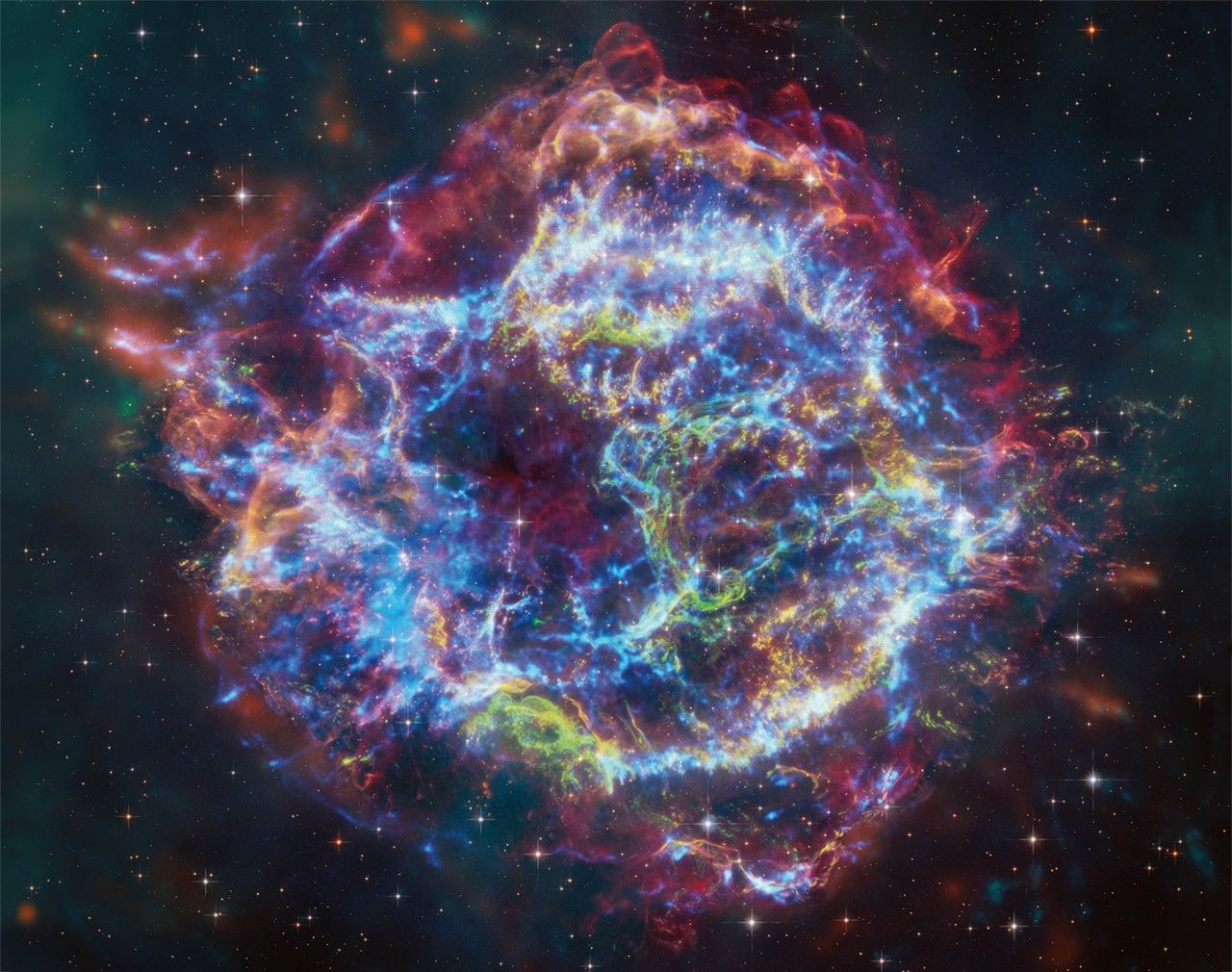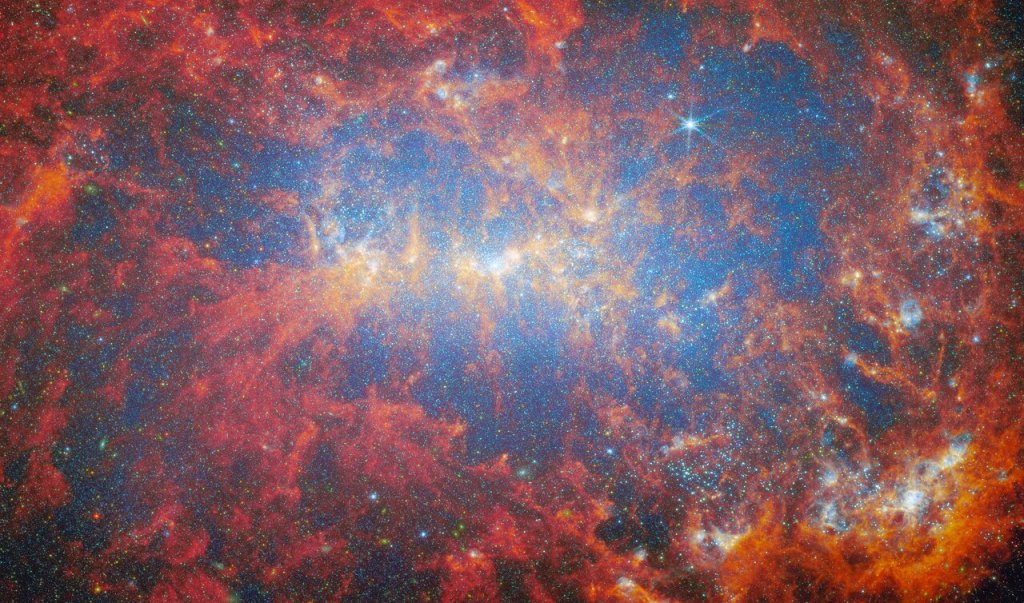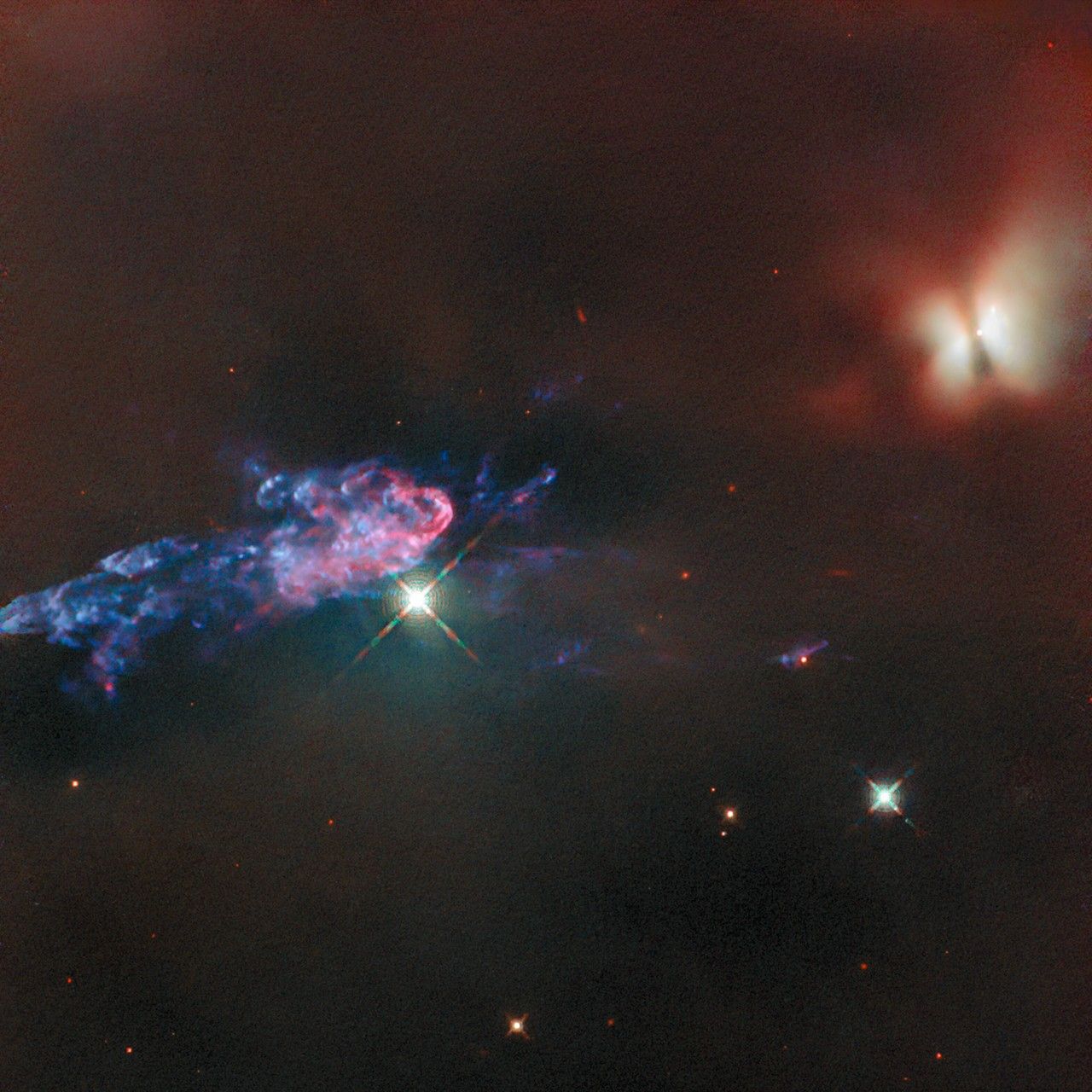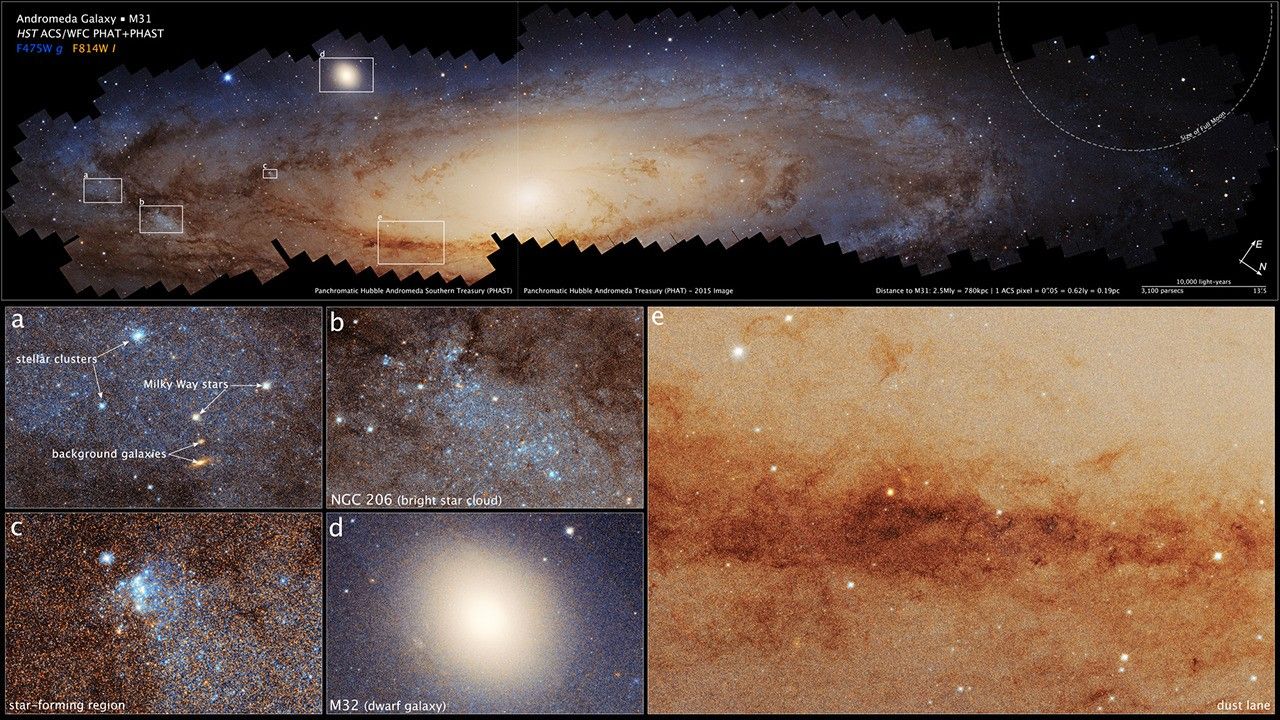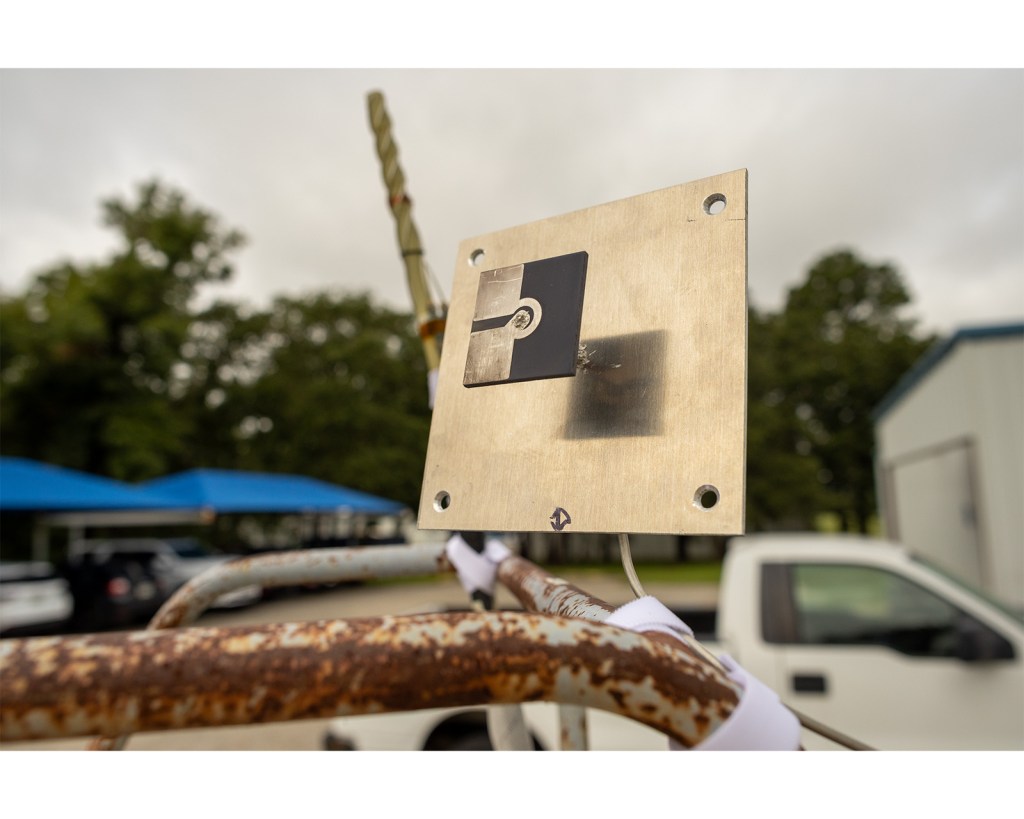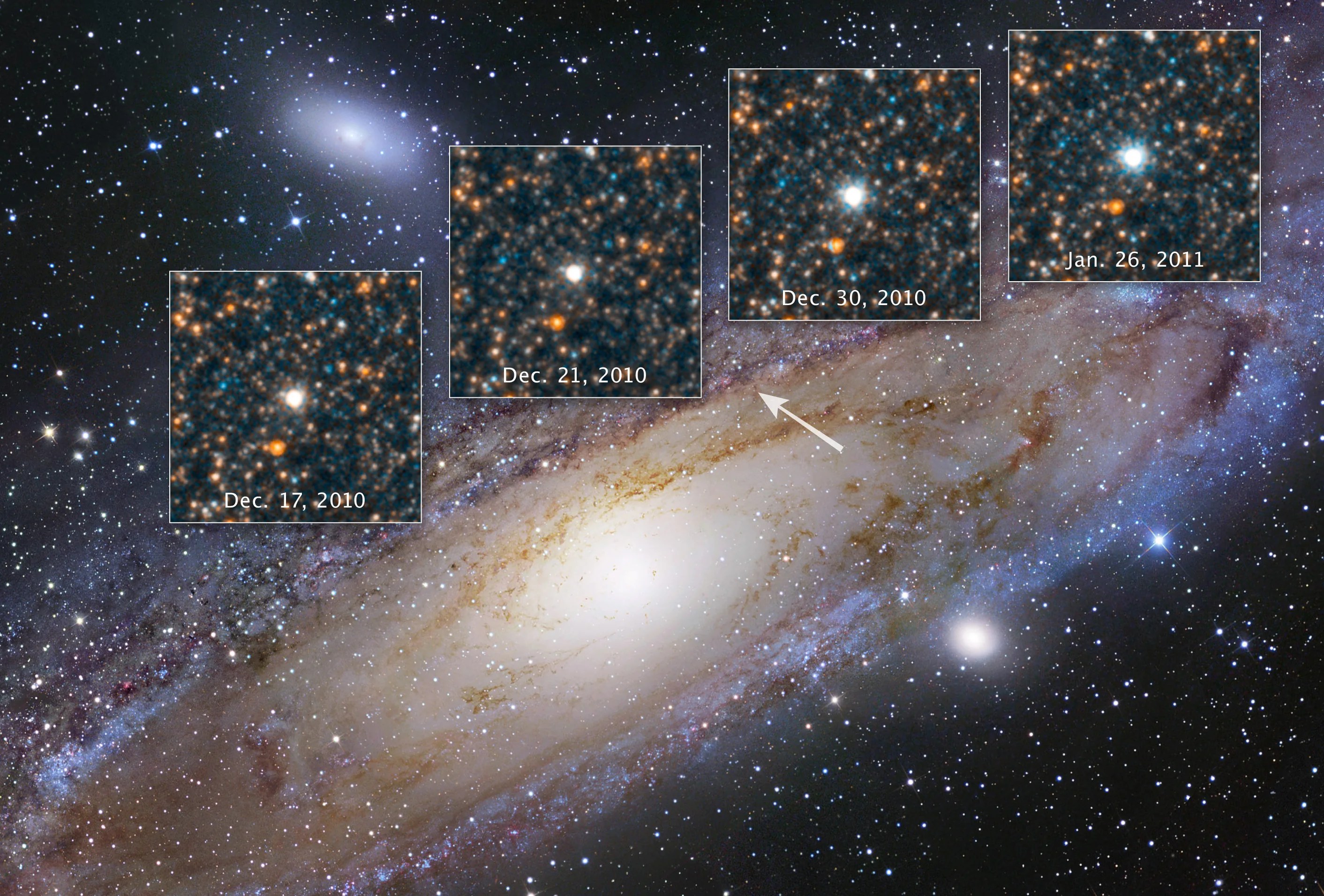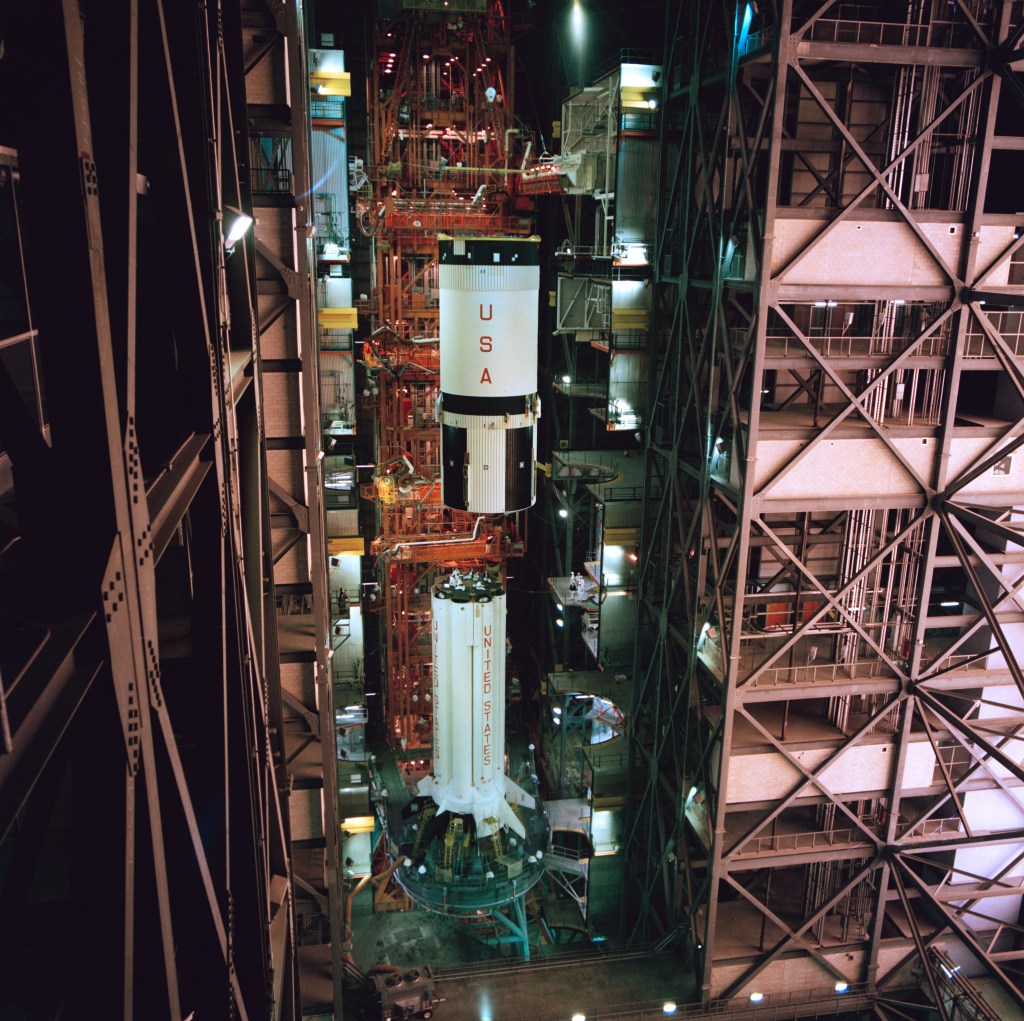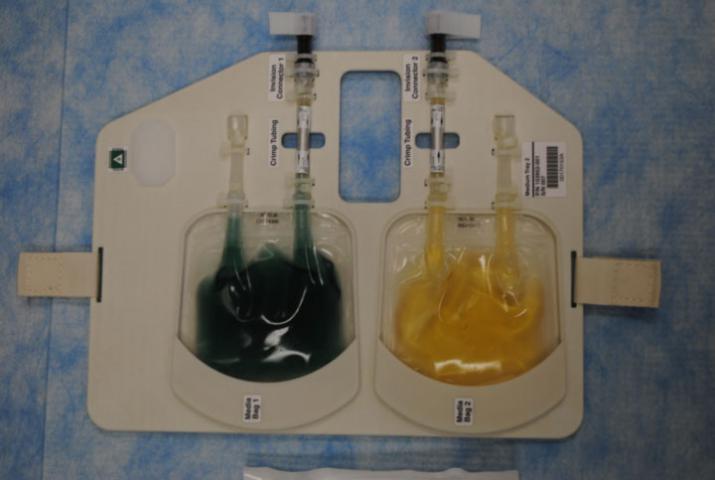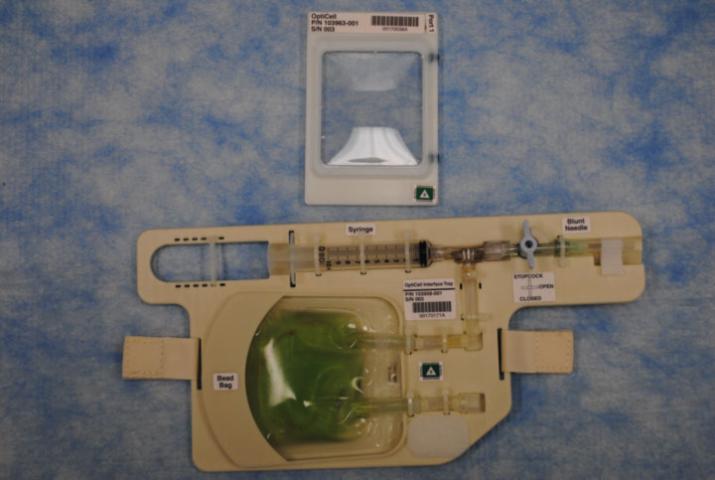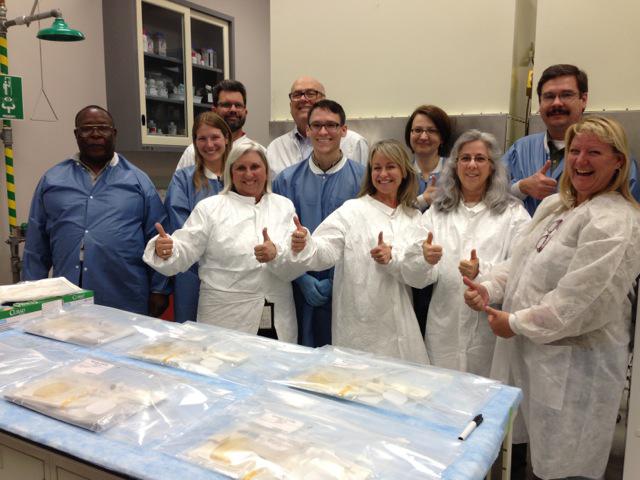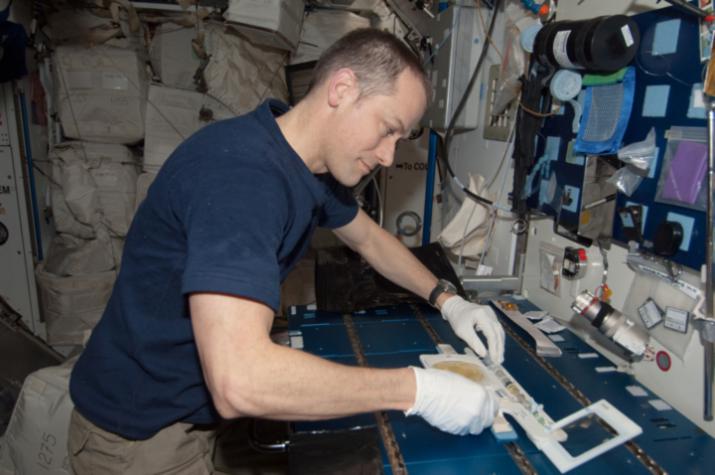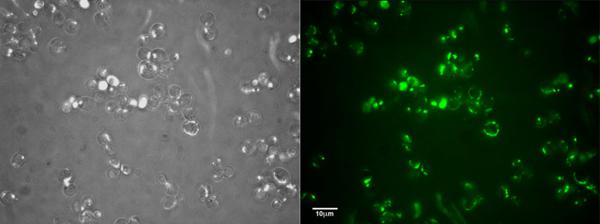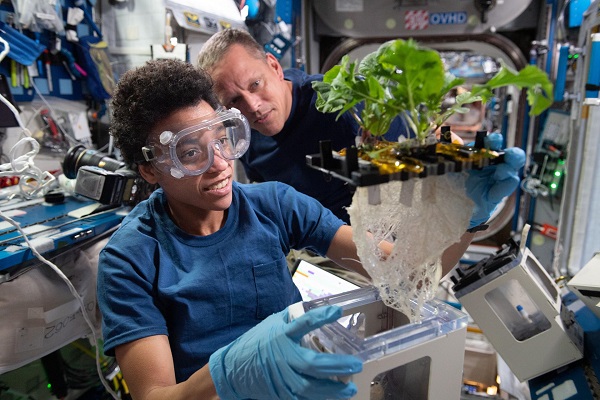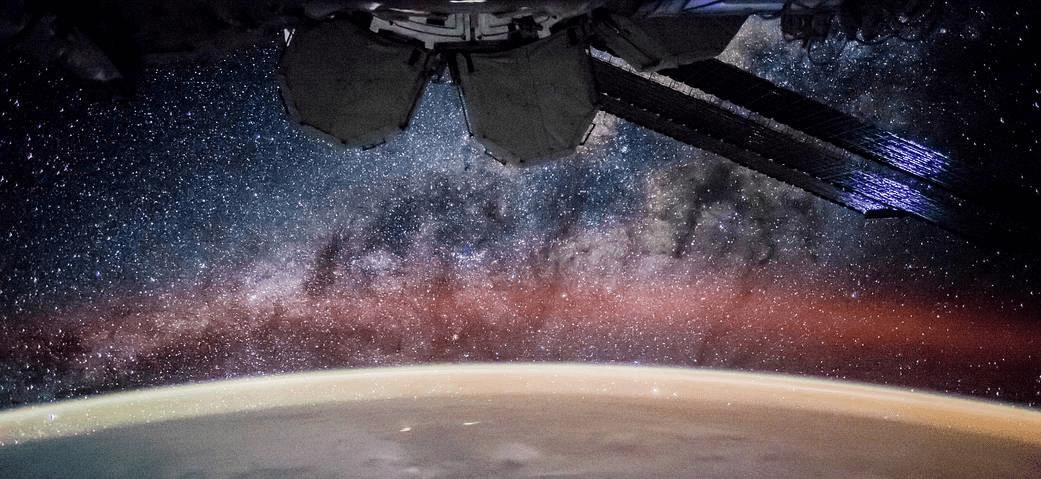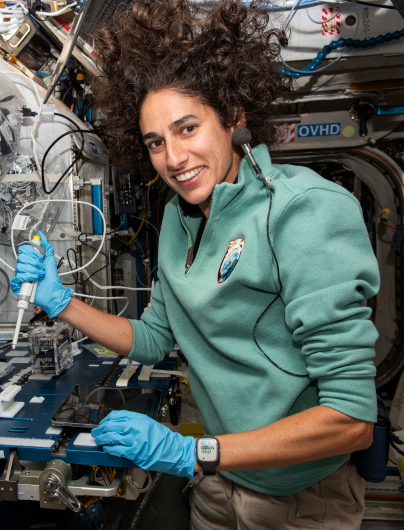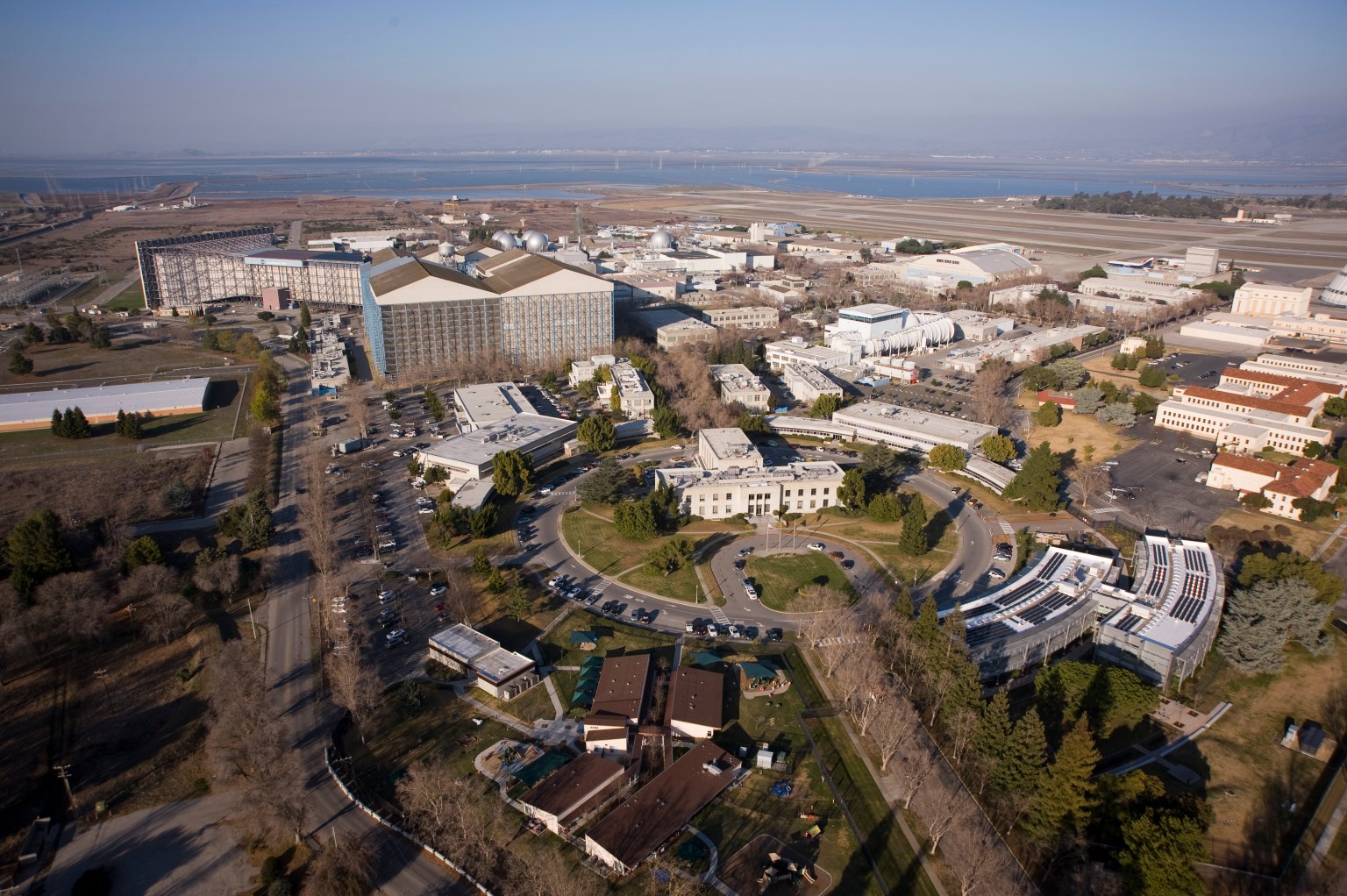NASA is developing new hardware to enable long duration cell biology research in space. The goal of the Cell Biology Tech Demo was to demonstrate critical Bioculture System component crew operations aboard the International Space Station and the ability of hardware components to interface with existing laboratory facilities on the station.
Cell Biology Tech Demo: A critical test of new Bioculture System hardware aboard the International Space Station
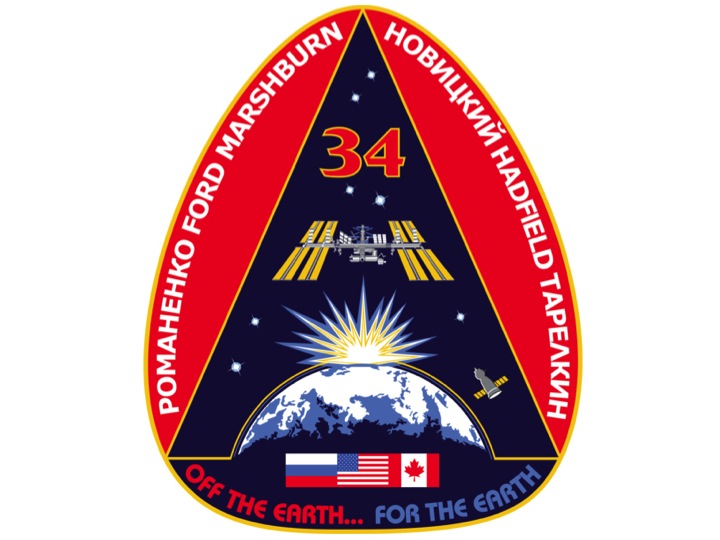
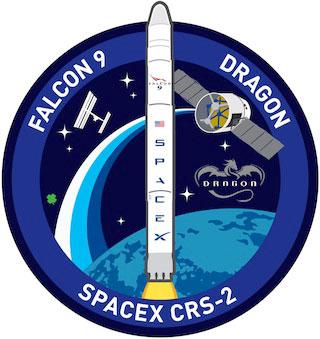 Payload Developer: NASA’s Ames Research Center
Payload Developer: NASA’s Ames Research Center
Launch Date: March 1, 2013, SpaceX-2
Return Date: March 26, 2013, SpaceX-2
Payload Overview
NASA’s International Space Station Program Office is sponsoring the development of facilities enabling advanced biological research in space to fully utilize the scientific potential of the station. To maximize research capability on the space station, specific pieces of hardware have been selected for upgrade following many years of successful research aboard the space shuttle. The Cell Culture Module, which flew successfully 21 times on the shuttle, was selected for upgrade to meet future needs for scientific research. The new Bioculture System will fulfill critical science needs to support a wide diversity of tissue and microbiological culture methods and cell types for long duration research. The new hardware is being designed by Tissue Genesis, Inc. of Honolulu, Hawaii. Tissue Genesis Inc. built the original space shuttle based system.
The Bioculture System will be delivered to the space station aboard a SpaceX rocket in 2014. The Bioculture System will help to further the study of cell and tissue growth in microgravity. Cellular and bacterial microgravity experiments give us a better understanding of how to ensure the health of long duration space travelers and can help to improve treatments for injury and disease on Earth.
Critical tests and operational checkouts must be completed before launching the Bioculture System in 2014. The Cell Biology Tech Demo payload, managed by NASA’s Ames Research Center, did just that.
Equipment for the Cell Biology Tech Demo launched from Cape Canaveral Air Force Station aboard a SpaceX Dragon vehicle on March 1, 2013. The Cell Biology Tech Demo mission duration was 26 days. During the mission, station crew demonstrated critical fluid handling procedures.
Station crew demonstrated that the tools and procedures used to transfer liquid samples in or out of special bags used to store nutrients for yeast and cells can be used without contamination. The crew also demonstrated use of a special tube crimper to seal experiment chambers while maintaining sterility. The crew also confirmed that the Cell Biology Tech Demo hardware interfaces with existing space station laboratory tools.
Read the SpaceRef article (3/4/2013); “SpaceX Carries Two NASA Ames Space Station Experiments”

